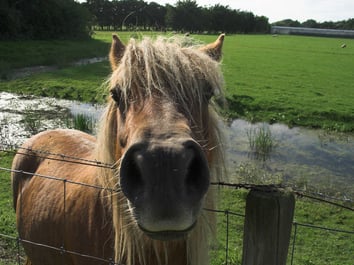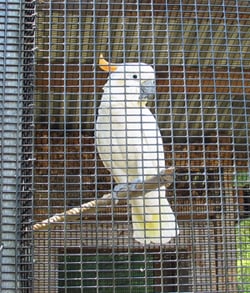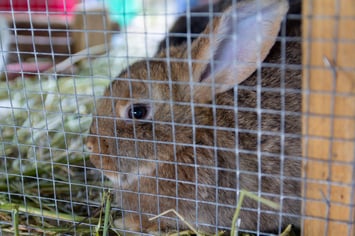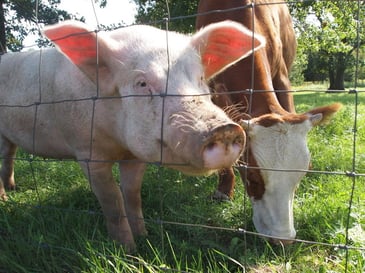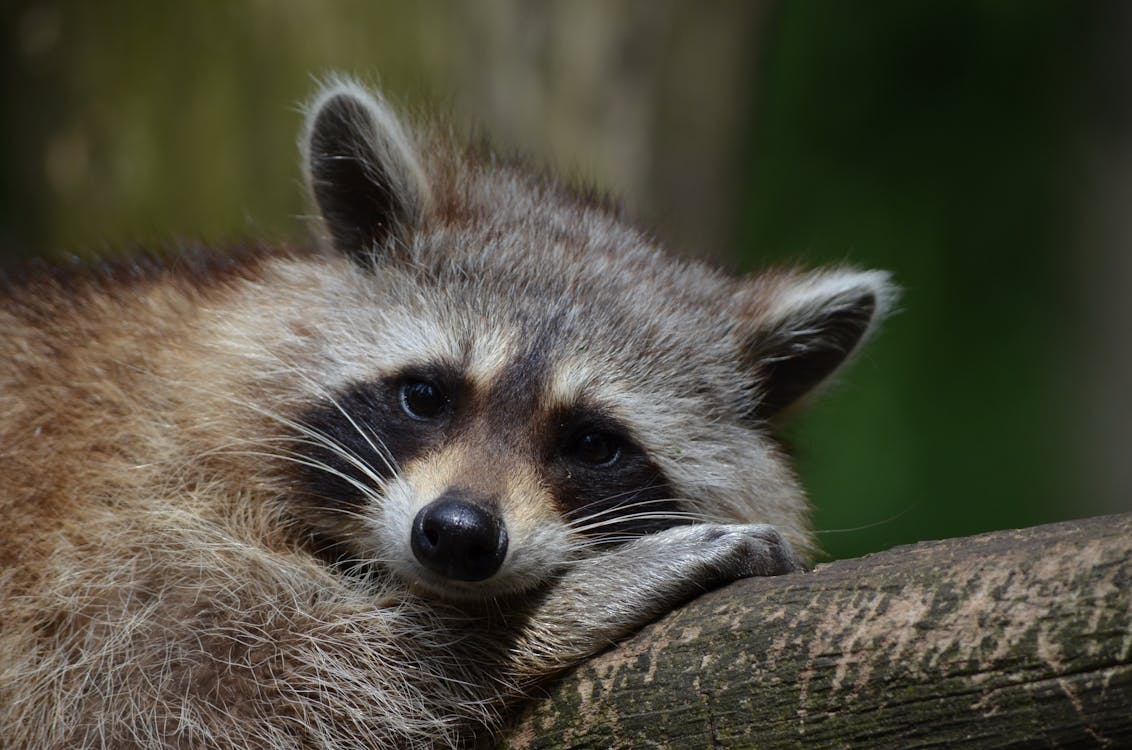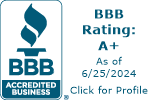First, what does your landscape require?
As the seasons change, are you contemplating any projects that will require fencing - a play area for children, lawn and garden fence, pet fencing, swimming pool? Planning now can save you a lot of time and legwork when you are ready to start the work.
There are many varieties of wire fencing and meshes to be considered and evaluated before you can narrow it down to your final selection. What are the specific needs and requirements of your project?
And some questions to think about--
- Do you want an economical fence?
- Should your fence last a long time or is it temporary?
- Do you want the practicality and utility of a galvanized wire fence?
- Is the durability, longer lifetime and attractive appearance of vinyl coated mesh important?
- Why do you need a fence?
- How many feet of fencing are required?
- Are there specific requirements that determine the size of the mesh openings?
- What are the height requirements for the fence?
- If this is a DIY project, do you have the knowledge and information necessary to do the job properly?
- How many posts will you need?
- Do you want to use steel or wood posts?
- Will you need a gate?
- Are there any special tools you will need for installation?
- Is the fence line cleared?
- Will you need to clear or prepare the enclosed area?
Once you have answers to these questions, you will have made a great start on your project.
Do you have any more specific questions you need to be answered? Call us and we'll listen.



